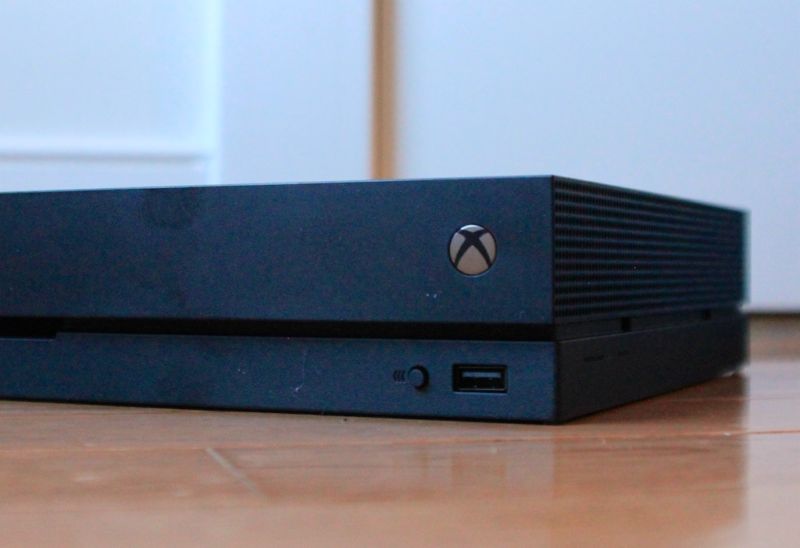
Earnings season is upon us, and once again there are dire warnings that stocks will be weak because companies are entering a “blackout period” where they will not be able to buy back their stock.
As with many old saws on Wall Street, there is a little bit of truth, and some outright untruth, to this idea.
Here’s the truth: There is no federally mandated blackout period. And even when companies have themselves adopted blackout periods, they can get around them.
For starters, most companies have regular buyback plans. These plans extend to the company, but also to senior executives.
The SEC established rules governing the conditions under which companies can buy back stock: They cannot do so at the end of the trading day (in the last 10 minutes), they have to use a single broker for the trades, they have to buy shares at the prevailing market price, and they can’t be more than 25 percent of the average trading volume over the previous four weeks.
In addition, company executives may have access to inside information, particularly in the period when they are gathering corporate financial information immediately before an earnings report. Most publicly traded companies have established blackout periods that typically restrict trading in shares just prior to the quarter end and immediately after the company reports.
There is no mandated period, but Raymond James has noted that it is typically two weeks prior to the end of the quarter through 48 hours after earnings are released.
For a company like J.P. Morgan Chase, which reports Friday, that would mean a roughly four-week blackout period.
Does this mean J.P. Morgan could not have bought back shares for the last four weeks? No, it doesn’t.
Under a separate SEC rule, companies can do a share repurchase program even during a blackout period. This separate rule (it’s called Rule 10b5-1) permits trading during the blackout period providing the companies have set up a plan to buy back stock on a regular, defined basis. The price (minimum and maximum) and amount of shares that are being bought must be specified. If they do this, they are afforded a “safe harbor” against any insider trading accusations.
In other words, a company — and its executives — can buy back shares during a blackout period, providing they are doing so according to a predefined plan.
Unfortunately, the SEC does not mandate that companies disclose when they are using this rule, so it makes it difficult to determine who is doing what.
But there’s one simple sign: Companies report how much stock they buy back, usually each quarter. If all companies really stopped buying back stock in the month of their earnings reports, you would think there would invariably be no buybacks in that first month.
We don’t usually see that.
Take J. P. Morgan. In its 2017 annual report, the company said it bought back 47 million shares in the third quarter, averaging 16 million shares in each of the three months in that quarter. Here’s how the share buybacks broke down by month:
JP Morgan: Q3 2017 buybacks
- October: 14.2 million
- November: 19.4 million
- December: 14 million
Source: company filing
October and December saw slightly smaller repurchases than November, but not by much.
What’s going on? Where is the “blackout period” where share purchases went away? The company goes on to explain: “The Firm may, from time to time, enter into written trading plans under Rule 10b5-1 of the Securities Exchange Act of 1934 to facilitate repurchases in accordance with the common equity repurchase program. A Rule 10b5-1 repurchase plan allows the Firm to repurchase its equity during periods when it would not otherwise be repurchasing common equity — for example, during internal trading blackout periods.”
The company is telling you that they likely had a 10b5-1 plan and stuck to it, even buying through the “blackout period.”
So next time you hear some trader blame “blackout periods” for why the market dropped, take it with a grain of salt.























